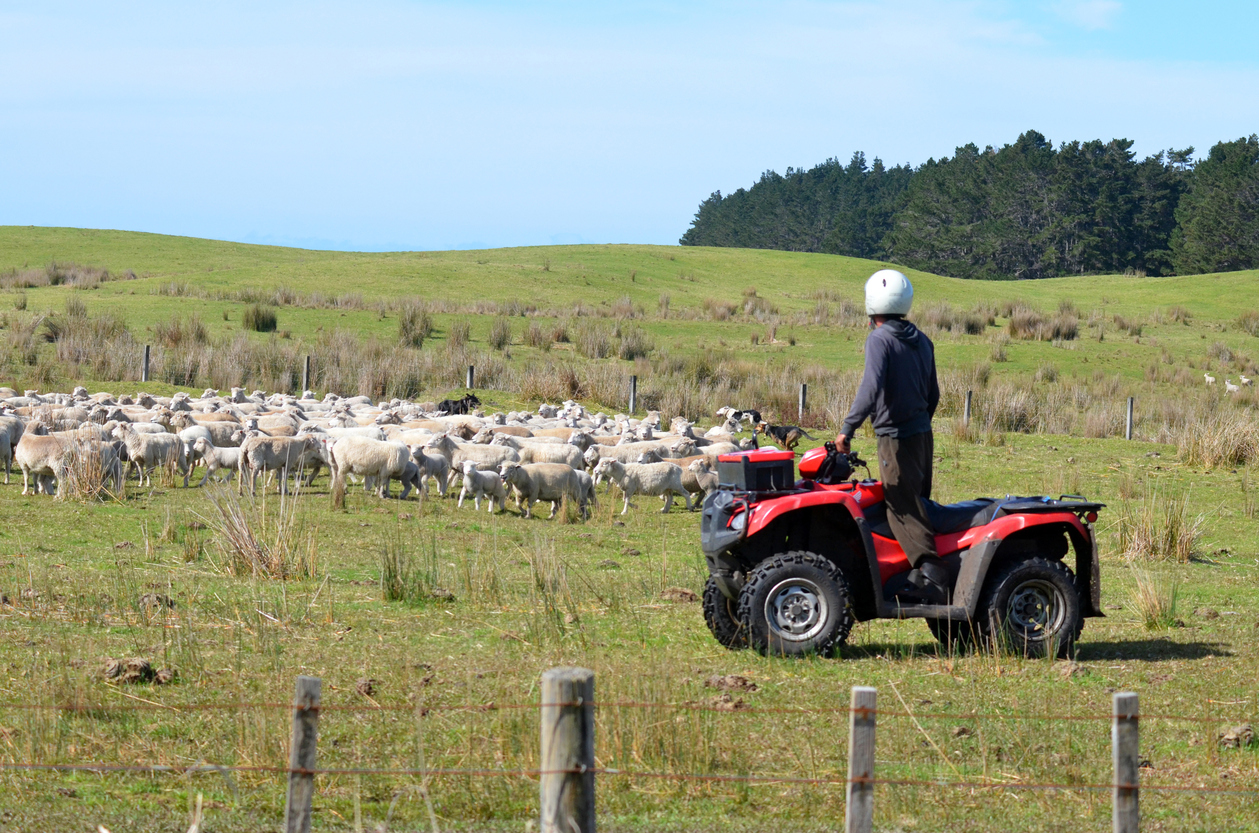Deputy Director of the New Zealand Agricultural Greenhouse Gas Research Centre Dr Andy Reisinger offers a rebuttal in the NZ Herald to a column published on Tuesday.
An excerpt (read in full):
As a climate scientist, I strongly rebut Tuesday’s opinion piece by Robin Grieve who claimed he was relating facts from the Motu Research report, Cows, Sheep and Science: A Scientific Perspective on Biological Emissions from Agriculture, that I co-authored, and a report from the Parliamentary Commissioner for the Environment, both of which came out last year.
Both reports state methane very clearly contributes to global warming. In fact, the Intergovernmental Panel on Climate Change estimates that global methane emissions are responsible for more than 40 per cent of the total warming effect so far of all human activities.
Once a methane molecule is in the atmosphere, it doesn’t matter whether it came from a New Zealand sheep, a Russian gas pipeline or a Chinese landfill. Our livestock sector is making the concentration of methane in the atmosphere higher than it would be otherwise, and this results in the world becoming warmer than it would be otherwise.
There is no scientific basis for Mr Grieve’s assertion that somehow New Zealand’s methane emissions are “mostly harmless”.
Our report makes clear that methane does not last as long in the atmosphere as carbon dioxide. That means methane emissions do not have to be reduced to zero in order for the climate to stabilise, whereas carbon dioxide emissions do have to be reduced to zero.
Mr Grieve is right to pick up on that. But the conclusion he draws, that as long as methane emissions don’t increase further they don’t pose a problem, is badly misleading.
